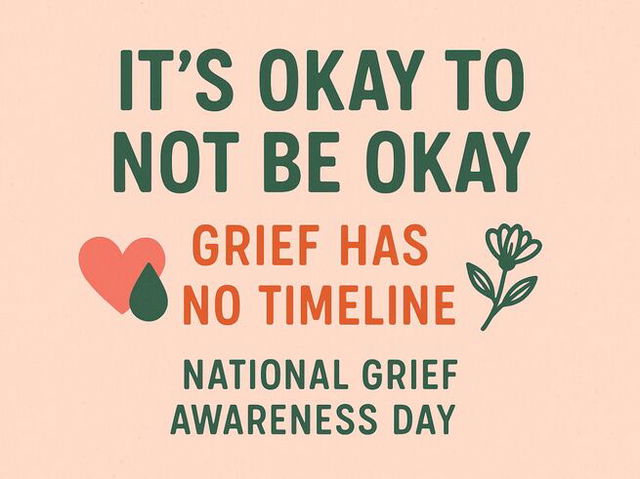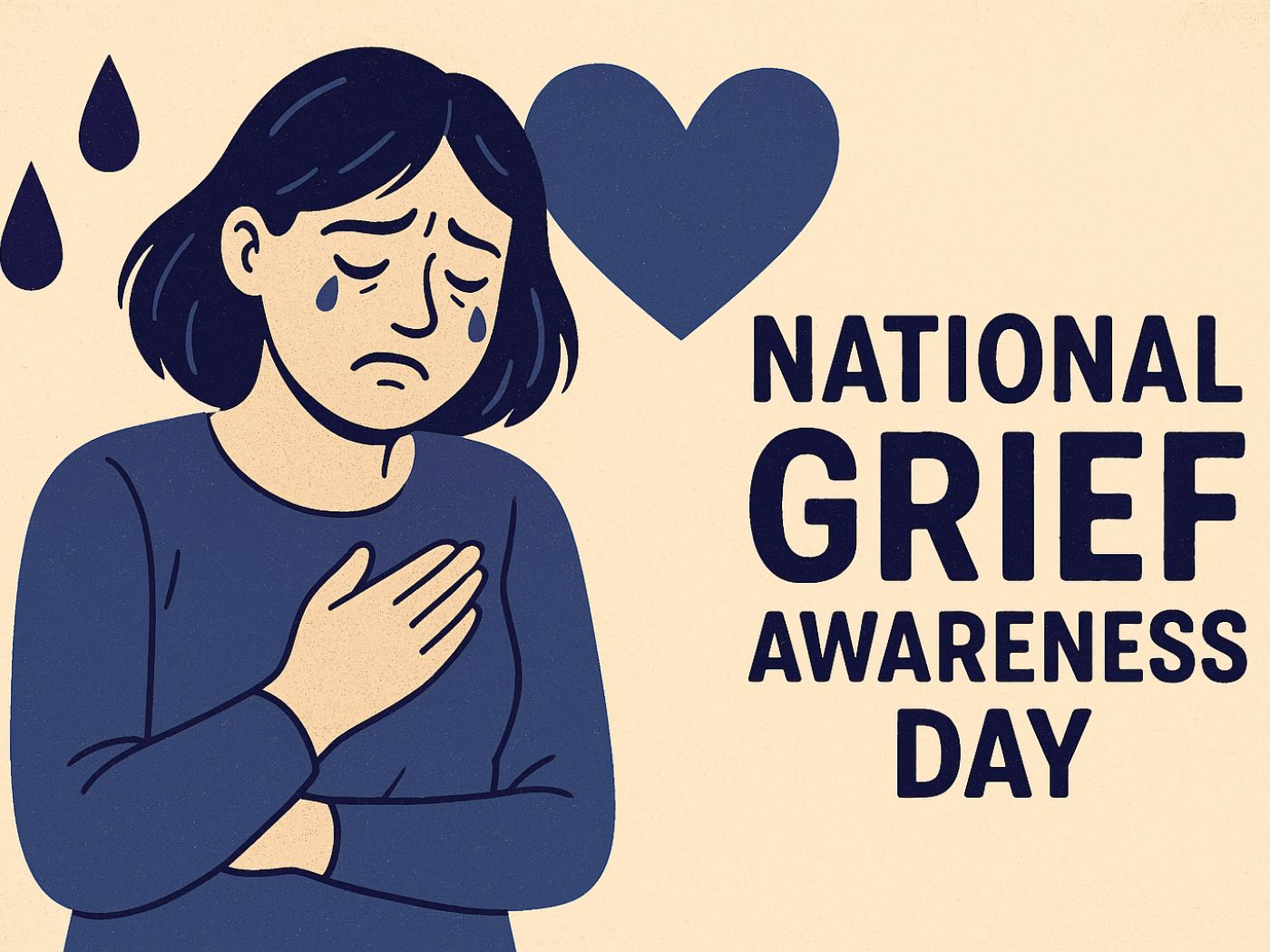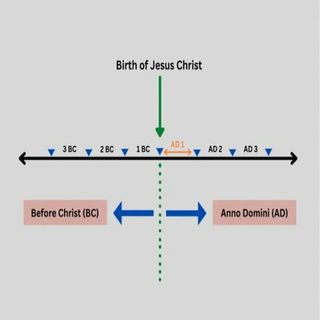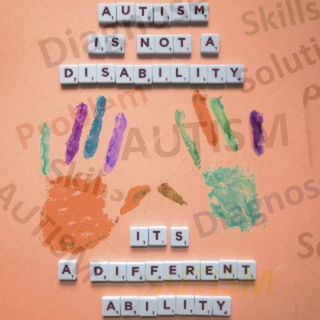- Calendar
- Calendar 2026
- August
- National Grief Awareness Day
National Grief Awareness Day
Every year on August 30th, the United States observes National Grief Awareness Day.
Although, not a part of the United Nations calendar, it has deep emotional and mental significance.
As the name suggests, National Grief Awareness Day is dedicated to recognizing the reality of grief and encouraging open conversations around loss and healing.

History of National Grief Awareness Day
National Grief Awareness Day was founded in 2014 by Angie Cartwright, a mental health advocate, author, and grief specialist.
Having endured multiple personal losses, including her mother, sister, and husband, Cartwright became painfully aware of how society often pushes grief aside, expecting people to “move on” quickly.
That silence around grief motivated her to speak out.
She created National Grief Awareness Day as a way to bring grief into the public eye, to validate the many forms it takes and encourage honest conversations.
Whether someone is grieving a death, a divorce, a pet, a job, or even a version of themselves they’ve lost, this day serves as a reminder: all grief is real, and all grief deserves space.
Cartwright’s mission was simple but powerful: destigmatize grief, educate others about the grieving process, and foster empathy in both personal and professional environments.
Since its founding, the day has gained widespread recognition, especially thanks to online communities, therapists, hospice centers, and individuals who’ve bravely shared their stories.
What is Grief
Grief is a natural response to loss. It's not a one-size-fits-all emotion. it’s messy, unpredictable, and deeply personal.
People experience it emotionally, physically, and mentally.
While sadness is a big part of grief, it's not the only feeling.
Anger, guilt, confusion, numbness, anxiety, and even moments of relief can all show up during the grieving process. Some may cry constantly, while others feel frozen.
Some want to talk, others withdraw. It’s all normal.
The widely recognized “5 stages of grief” : denial, anger, bargaining, depression, and acceptance, are not a linear checklist.
People move through these stages in their own way, in their own time. And for many, grief doesn’t ever fully “end”, it changes, evolves, and becomes a part of their story.
Unfortunately, society often expects people to “move on” too quickly. National Grief Awareness Day challenges that mindset and instead encourages compassion and patience.
How to Observe National Grief Awareness Day
One of the most accessible ways to observe the day is by sharing your grief journey online.
Posting a tribute to a lost loved one, sharing your thoughts on healing, or simply opening up about your experience can help others feel less alone.
Using hashtags like #GriefAwarenessDay or #ItsOkayToGrieve can connect you to a wider, supportive community that understands the language of loss.
You can also take part in community events, both in-person and virtual.
Across the U.S., hospices, mental health organizations, and non-profits host grief walks, candlelight vigils, support group meetings, and educational workshops.
These events are designed to provide comfort, education, and solidarity for anyone affected by loss.
Reaching out to someone who’s grieving is another powerful act of support.
A phone call, a thoughtful message, or even just your quiet presence can be deeply comforting.
Grief is often an isolating experience, your outreach could make a huge difference in someone’s day.
Donating to grief support organizations is a meaningful way to give back.
Consider contributing to groups that offer grief counseling, crisis resources, or youth support programs. Every little bit helps extend care to those in need.
You might also choose to observe the day privately by lighting a candle, journaling, creating a memory box, or simply taking time to sit with your feelings.
These personal rituals honor your unique grief experience and create space for reflection.
Another important step is to educate yourself about grief. Understanding that grief doesn’t only follow death, but can also result from the loss of relationships, jobs, health, or even identity, helps build empathy and reduces stigma.
Reading personal stories, watching documentaries, or attending webinars can help deepen your awareness.
Recommended Articles

Other Celebrations
-
Jan 11 SunNational Human Trafficking Awareness Day
-
Jun 27 SatNational PTSD Awareness Day
-
Jun 28 SunNational Insurance Awareness Day
-
Aug 14 FriNational Financial Awareness Day
-
Nov 04 WedNational Stress Awareness Day
-
Nov 17 TueNational Testosterone Awareness Day

National Grief Awareness Day - Next years
Monday, 30 August 2027
Wednesday, 30 August 2028
Thursday, 30 August 2029
2026 Calendars
Trending











